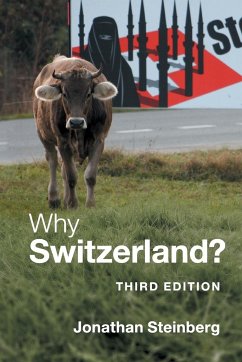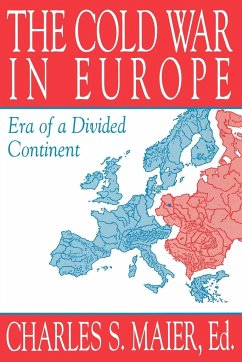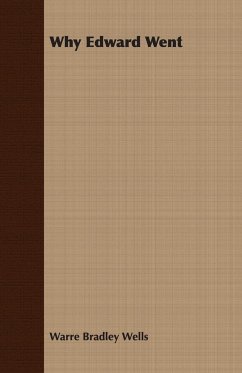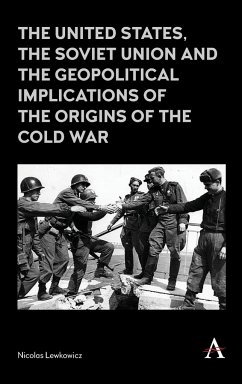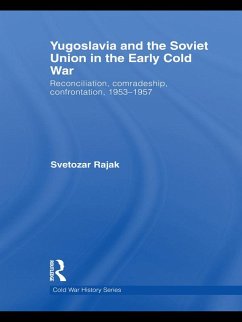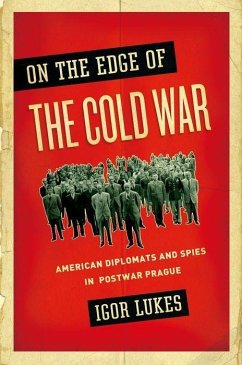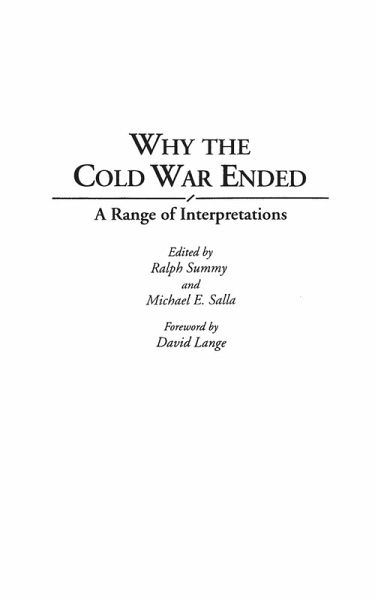
Why the Cold War Ended
A Range of Interpretations
Versandkostenfrei!
Versandfertig in 1-2 Wochen
88,99 €
inkl. MwSt.

PAYBACK Punkte
44 °P sammeln!
Did the West win the Cold War? Was it a genuine or a contrived conflict? When did it begin? How was its cause related to its end? These are among the questions considered by the contributors of this volume. Asked to assess the combination of socio-political forces and events they attribute to ending the Cold War, they have come up with diverse theories that challenge the self-serving orthodoxy that claims Western military prowess, economic strength, and ideological superiority produced the triumph. The contributors consider a range of views from the contention that the West's military resolve ...
Did the West win the Cold War? Was it a genuine or a contrived conflict? When did it begin? How was its cause related to its end? These are among the questions considered by the contributors of this volume. Asked to assess the combination of socio-political forces and events they attribute to ending the Cold War, they have come up with diverse theories that challenge the self-serving orthodoxy that claims Western military prowess, economic strength, and ideological superiority produced the triumph. The contributors consider a range of views from the contention that the West's military resolve and economic capacity forced the Soviet Union into submission to arguments focusing on U.S. and West European peace movements and East European dissent movements. Between these diametric positions, they weigh the significance of such factors as the new thinking in the Soviet Union and the intelligentsia of Eastern Europe. Through a range of many views, they provide a broad interpretive framework for understanding the Cold War's end, and suggest how that understanding is related to the solving of future conflicts.





